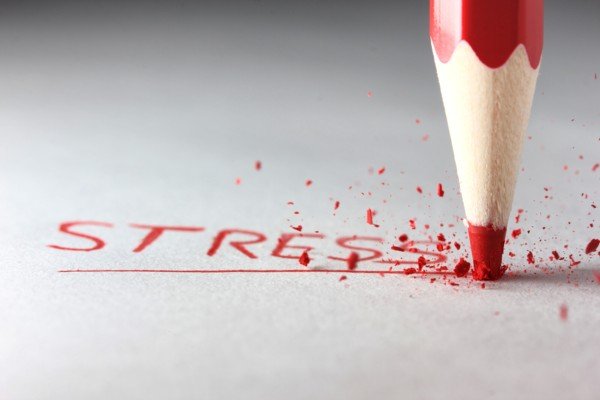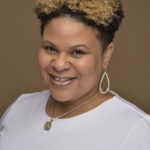Self-Care in High-Stress Working Environments & COVID 19
6:00 pm — “The Brink of Burnout: Trauma and Compassion Fatigue during COVID-19”:
Presenter: Dr. Cindy Bautista-Thomas, PhD, LCSW
Descriptive Summary:
Most social workers and others in the helping professions choose to enter the field because of their desire to help people and the great feelings they derive from doing just that. It’s called compassion satisfaction and it keeps most in the field for extensive amounts of time, sustaining energy, drive and empathy. The global pandemic, COVID-19, has impacted every area of our lives. Essential workers were especially hit the hardest. Mental health practitioners have had to increase their workload and stretch their limits to provide services to the most vulnerable. Many have experienced compassion fatigue and burnout and put themselves at risk for decreasing their wellbeing. This workshop will support participants by helping them to identify symptoms of burnout, compassion fatigue, vicarious and racial trauma. When you can name it, you can claim it and subsequently reframe it through self-care and mindfulness practices.
Learning Objectives:
Upon completion, participants will be able to:
1. Identify the signs of compassion fatigue and burn out during COVID-19.
2. Identify what factors have added to the already extenuating circumstances for providers in the helping profession.
3. Identify the burn out, vicarious trauma and racial trauma.
7:00 pm — “Self-Care Savvy- Developing resiliency under high stress”:
Presenter: Ancy Lewis, LCSW
Descriptive Summary:
What is self-care and why does it matter? Especially with the recent stressors from the COVID-19 pandemic, self-care strategies are an integral part of maintaining well- being and influencing what type of impact we want to have on others. We are dealing with challenges that may include, but are not limited to providing face-to-face services remotely, or being an essential worker, simultaneously working and caring for a child/elder parent, and/or having our hours reduced or increased . Self-care can feel impossible but in reality, it is both a feasible and necessary practice to ensure our physical and emotional health. The better we care for ourselves the better we can care for our families, clients, and communities. Learn some simple self-care tips to increase your self-care savvy, that can help you bounce back during challenging times.
Learning Objectives:
Upon completion, participants will be able to:
1. Participants will be able to define self-care
2. Participants will identify 1-3 self-care practices to incorporate into personal and professional life
3. Participants will identify 1-3 beneficial impacts of regular self-care practices in personal or professional life
8:00 pm — “Effective Resources and Communication Skills for Families and Patients about DNR/DNI and end of Life Care”:
Presenter: Ingrid McFarlane, MSW, LCSW-R
Descriptive Summary:
This presentation will center on Advanced Directives and assisting health care providers to understand when it is appropriate to discuss health care proxy with their patients and their families. In addition, will be discussed the MOLST form utilized in New York State in conjunction with DNR/DNI discussions. Palliative Care vs. Hospice care will also be discussed in detail. End of Life Care and Living with Dignity throughout will be a focus.
Learning Objectives:
Upon completion, participants will be able to:
1. To identify when it is appropriate to discuss Advanced Directives with their patients and families
2. Learn and understand how to use the MOLST form when dealing with End of Life Patients
3. To identify the difference between Palliative Care and Hospice Care.
9:00 pm — Participants receive program evaluation information
Uzma.Majid@1199funds.org




Comments